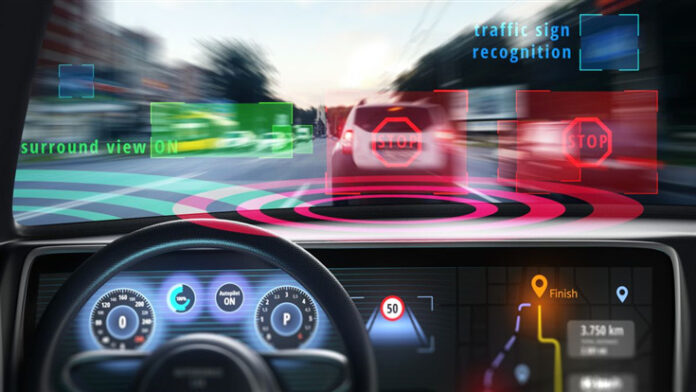[ad_1]
As the number of self-driving cars increases, so does the number of cameras on the roads. This creates a possible privacy issue.
Self-driving cars peel off an extra layer from our privacy, says security expert Bruce Schneier.
Theoretically, if you know the location of all the closed-circuit television (CCTV) cameras in a neighborhood, you might be able to move around without one of them ever catching a glimpse of your face. Although depending on where you live, that might already be hard to accomplish.
But dashcams and the recordings made by self-driving vehicles are an entirely different matter. Their locations and camera angles are unpredictable, so they may catch us off-guard at any given moment. Waymo’s sensor suite, for example, works together to construct a detailed 3D picture of the world, showing moving and still objects. You could be one of those objects without realizing it.
Schneier quotes a Bloomberg article which highlights a few cases where serious crimes and accidents were the reason for law enforcement to request camera recordings from self-driving fleets such as Waymo and Cruise. In addition to a San Francisco homicide, Bloomberg’s review of court documents shows police have sought footage from Waymo and Cruise to help solve hit-and-runs, burglaries, aggravated assaults, a fatal collision, and an attempted kidnapping.
And many will point that out as the positive side of this privacy dilemma. We want these criminals to get caught, but on the other hand we don’t like the idea of being followed around. Police have already used footage from CCTV cameras to monitor the movement of people around crime scenes and help identify suspects. As the number of self-driving cars increases, so does the number of cameras that can be used to accomplish this.
If you look at Russia, where almost every car has a dashcam due to insurance fraud reasons, no major event happens outside that isn’t caught by multiple dashcams. But this is a different problem because the dashcam footage is stored locally and can be used at the discretion of the owner. That doesn’t increase your privacy, but lessens the chance of the footage being used.
The same is true for some video doorbells and security camera’s although there have been cases where the police went over the owner’s head and asked for footage directly from companies such as Amazon.
Self-driving fleets store the recorded data for long durations to help improve their capabilities. This makes requesting the data from all the self-driving cars in an area at a certain point in time a lot easier and more effective.
The continuous recording creates an enormous amount of stored data and it’s obvious why the police have begun tapping into them for law and order enforcement. But it has already become clear that employees can’t always resist the temptation to share such footage for much less noble causes.
Last year, the EFF said:
“There are always going to be situations in which it might be expedient for public safety to be able to get around some of the usual infrastructure and be able to get footage very quickly.”
But the problem is that the people who are deciding what constitutes exigent circumstances and what constitutes the type of emergency, all of these very important safeguards, are the police, who have already decided they need the data, and tech giants like Google and Amazon that already have a bad reputation when it comes to our privacy.
Malwarebytes EDR and MDR removes all remnants of ransomware and prevents you from getting reinfected. Want to learn more about how we can help protect your business? Get a free trial below.
[ad_2]
Source link
